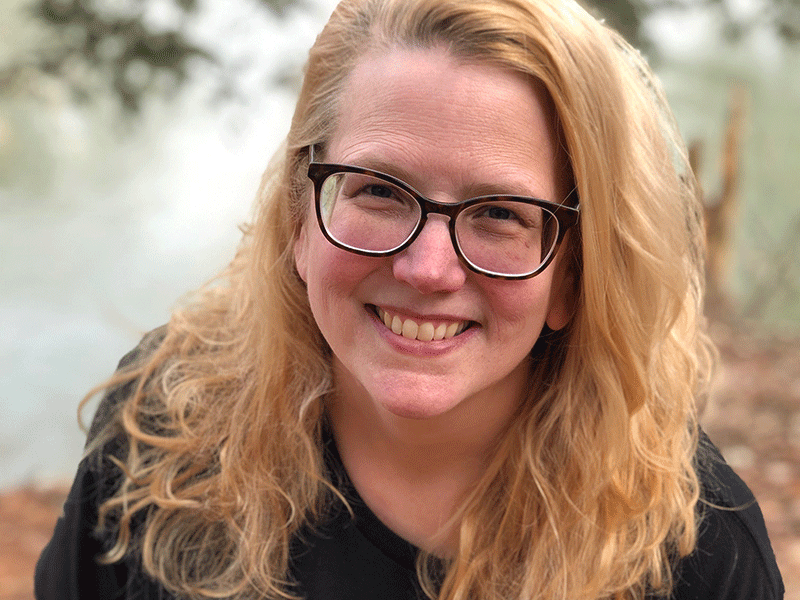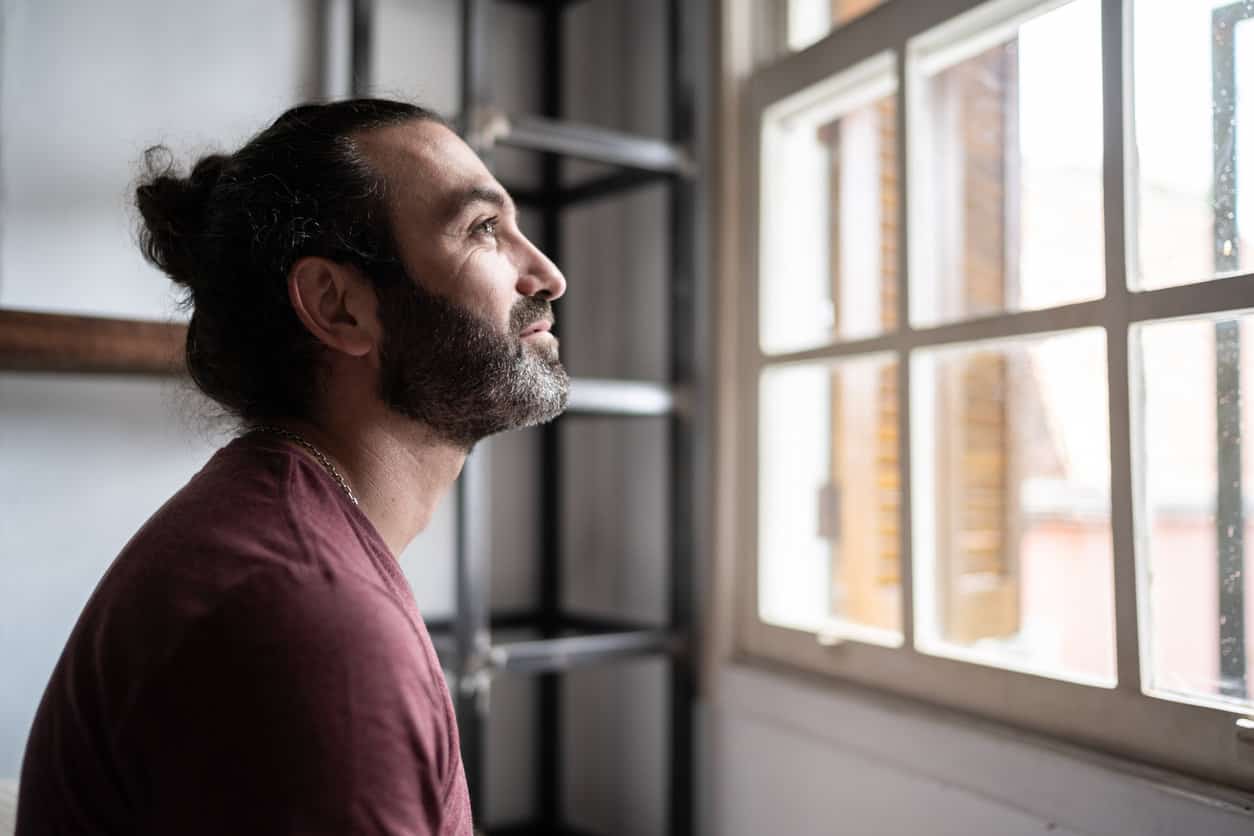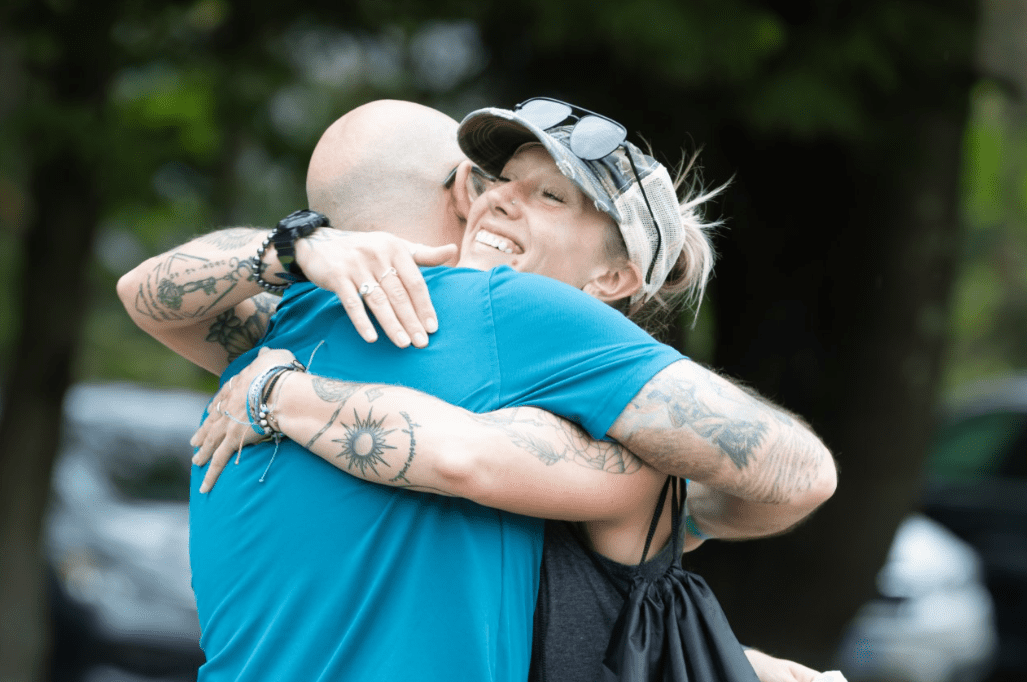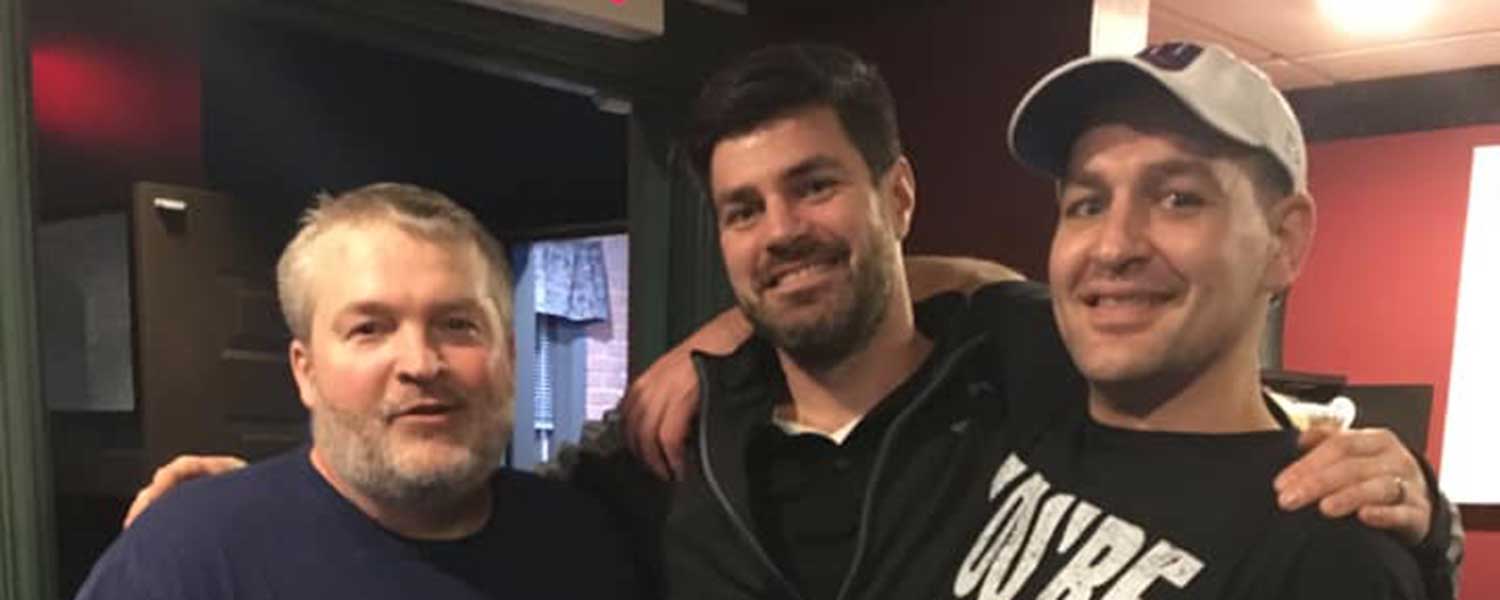Sharon D. shares her motivations to persevere in recovery – from being proud of her sober accomplishments, to the ability to see her three children grow into well-rounded young adults.
Q: What was the turning point that led you to get help?
A: Being told that I could no longer live at my home. I had been given numerous chances and my family couldn’t take anymore. When I asked where I was supposed to go and received the response, “I don’t know, but you can’t live here,” I realized I had lost what I had taken for granted for so long.
Q: How did you feel at the beginning of treatment compared to the end of treatment?
A: After completing treatment, I was more confident because I had acquired the tools to tackle the next steps that my recovery would bring. While in residential, I became willing to try nearly anything different. I adopted the belief that what I had been doing up until this point clearly wasn’t working, so it was time to try a different approach. If I was inclined to isolate, I made myself leave my room. If the mention of a hike or wellness class elicited an audible groan, I made sure to go. If I was struggling emotionally, I made sure to seek out staff. This continued when planning aftercare. I started out with my heels dug in, determined to go home, and only attend an IOP. There was no way I was going to sober living or extended care! But after an extended stay in residential, I transitioned to extended care – which is where I continue to live. In fact, I just extended for a third time, allowing me to stay here for at least a few more months!
Q: What has been the best part of recovery for you? Why?
A: Seeing the progress I’ve made since I started on my journey has been the best part of recovery for me. I began with the goal of achieving sobriety but have moved so far beyond that. I’ve learned so much about myself—what’s important to me, what has led me to where I am, and where I want to go from here. I rediscovered my voice and became willing to use it. The sense of empowerment I’ve felt through the process so far has been truly remarkable. I’ve had periods of abstinence before, but I’ve never been this sober. This is very apparent to those around me, and I frequently receive feedback that it’s a complete joy to watch me continue to grow each day.
Q: What has kept you motivated in recovery?
A: Remembering the level of pain that I was experiencing when I first entered treatment. Not only was there physical pain, but the emotional pain was so incredibly raw that there were times I didn’t know how I’d get through another minute. As I’ve moved further along in recovery, I’ve been fortunate enough to share my experience with others. To see them suffering with similar pain has made me truly realize what a gift sobriety is. Knowing that I never have to feel like that again, that I never have to start over, has made recovery my top priority every single day.
Q: What would you like people who are afraid to receive treatment to know?
A: I have never come across someone who has regretted entering treatment. The fear of leaving behind a family can feel overwhelming and can certainly create a feeling of guilt. As the mother of three children, the thought of leaving for over 30 days felt selfish. From the time my children were born, I conditioned myself to think of my needs as secondary at best. It took the realization that when I was in active addiction, I wasn’t taking care of anyone with any degree of quality or value. When the time came to consider aftercare, I once again experienced the nagging feeling that I wasn’t doing what a good mother should do. As such, the choice to enter extended care was one I didn’t initially welcome. While entering treatment and continuing on to extended care has no doubt been challenging, it is truly one of the biggest gifts I’ve given both myself and my family. Despite the amount of time I’ve been away, knowing that I’m safe and working on becoming the healthiest version of myself that I can be is so much better to them than one day spent with me in active addiction.
Q: What are some of your personal “rules” that you never break?
A: There’s no reason I can’t try to be friendly to everyone I come in contact with. I’ve never felt badly about smiling at someone! Aside from that…
- Never turn down a hug, they are magically healing.
- Never miss an opportunity to express gratitude to someone.
- If I have a job: I work my absolute hardest, regardless of what I’m doing.
- Never pass up the opportunity to use the bathroom.
- I only set my alarm clock to go off during the minutes that end in 1 or 6.
- It isn’t dessert unless it has some type of chocolate in it.
Q: What is the biggest lesson you’ve learned?
A: We’re only given a finite number of opportunities during life. When I lost both of my parents, I had no idea that when I hung up the phone, it would be the last time I would hear either of their voices. Both of them passed away quite quickly, with no opportunity to say a meaningful goodbye. Right now is the time I have to tell those in my life what they mean to me, what I treasure about them, and how much I love them – I try my best to do this each day.
Q: What gives your life meaning?
A: One of the largest things that gives my life meaning is the sheer joy of watching my children become the amazing people they are. My life gets meaning from the knowledge that I was fortunate enough to be given one of the greatest responsibilities in life—a huge role in shaping the lives of three individuals as they find their way in the world. To know that my daughters and son are the future of our country and that I played a part in forming them into the remarkable young adults they’ve become gives my life meaning. Watching the three of them discover their passions, develop strong moral compasses, and decide what they want to contribute to the world gives my life meaning. Having a daughter who is fiercely passionate about women’s rights, and never passes up the opportunity to express that, creates such a feeling of pride. The ability to engage in meaningful and thought provoking political discussions makes me realize what a gift my children are to the future. The belief that I was able to have some small impact on the planet during my lifetime, and will continue to do so through the lives of my children, is an amazing feeling.
Q: List 5 goals on your life’s to-do list
A: My 5 life goals are:
- Return to school to complete my master’s degree
- Travel to Australia
- Publish a piece of writing
- See every major Broadway musical
- Meet Barack Obama
Q: Describe yourself in three words.
A: I am compassionate, thoughtful, and honest.
Q: What would you name the autobiography or your life? And why?
A: Just Forget It. This was a phrase I always said as a child when I was frustrated or angry, starting from the time I could form complete sentences. It’s followed me throughout my life. The phrase has since come full circle, as I never want to “just forget it.” Everything that has happened throughout my life has brought me to where I am today. Some has been bad, some has been good, and some has been absolutely amazing. At the end of the day, it’s all 100% a part of who I am and forgetting any of it would take away from that.
Q: What song best sums you up? Why?
A: Rise Up by Andra Day. It very much describes how I feel about my recovery. In particular, the line that resonates with me is, “all we need is hope / and for that we have each other.”
Q: What do you miss most about being a kid?
A: The simplicity of life. Leaving on a summer morning with the whole day ahead, not knowing what was in store. The world was mine and I could do what I wanted. I could play in the woods building a fort, get messy down at the swamp, or play a game of softball with the kids who lived on my street.
Q: If you could go on a road trip with any person – dead or alive – who would you choose and where would you go?
A: For certain, I’d go with my mom! I lost her in 1997, and over the years there have been so many things I’ve wanted to talk with her about. She passed away with 14 years of sobriety after fiercely battling alcoholism for many years. Now that I’m in recovery myself, being able to ask her about her experience would be so valuable. To be able to express the great admiration I have for the strength she showed during her journey to wellness would be a priceless gift. No doubt my mom would have loads of stories that she would love to tell now that I have children of my own. She would delight in recounting my charming teenage years. The travel destination wouldn’t be overly important, as long at it was warm and had a beach.
If you or a loved one is struggling with addiction, Mountainside can help.
Click here or call (888) 833-4676 to speak with one of our addiction treatment experts.

 By
By 






